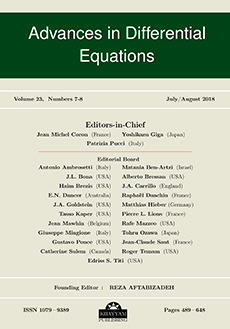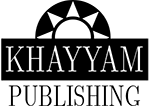Let $X$ be a locally compact space, $m$ a Radon measure on $X$,\, ${{\mathfrak h}}$ a regular Dirichlet form in $L_2(X,m)$. For a Radon measure $\mu$ we interpret ${{\mathfrak h}}$ as a regular Dirichlet form $\tau$ in $L_2(m+\mu)$. We show that $\mu$ decomposes as $\mu_r+\mu_s$, where $\mu_r$ is coupled to ${{\mathfrak h}}$ and $\mu_s$ decouples from ${{\mathfrak h}}$. Additionally to this `space perturbation', a second perturbation is introduced by a measure $\nu$ describing absorption. The main object of the paper is to apply this setting to a study of the Wentzell boundary condition \[ -\alpha Au + n\cdot a\nabla u + \gamma u = 0 \quad \text{on}\ \partial\Omega \] for an elliptic operator $A=-\nabla{\hspace{-0.1em}}\cdot(a\nabla)$, where $\Omega\subseteq{\mathbb{R}}^d$ is open, $n$ the outward normal, and $\alpha$, $\gamma$ are suitable functions. It turns out that the previous setting can be applied with $\mu=\alpha dS$, $\nu=\gamma dS$, under suitable conditions. Besides the description of the $d$-dimensional case we give a more detailed analysis of the one-dimensional case. As a further topic in the general setting we study the question whether mass conservation carries over from the unperturbed form ${{\mathfrak h}}$ to the space perturbed form $\tau$. In the Appendix we extend a known closability criterion from the minimal to the maximal form.
Adv. Differential Equations
8(7):
821-842
(2003).
DOI: 10.57262/ade/1355926813
ACCESS THE FULL ARTICLE
It is not available for individual sale.
This article is only available to subscribers.
It is not available for individual sale.
It is not available for individual sale.





